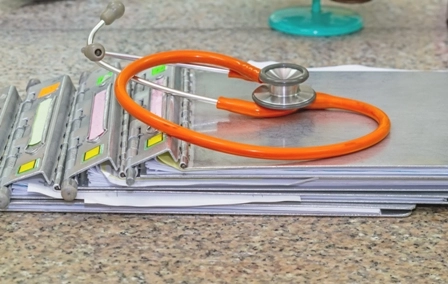Understand the “No Surprises Bill”
Question: We just read about the “no surprises bill,” which seems to apply to EDs, but even after reading a fact sheet about it, we’re confused. Can you help us break it down? New Jersey Subscriber Answer: The No Surprises Act aims to tackle the longstanding problem of surprise billing in healthcare. On July 13, the government published a collaborative interim final rule with comment period (IFC), the “Requirements Related to Surprise Billing: Part I,” in the Federal Register. The interim rule aims to protect patients from surprise billing and excessive cost-sharing. The ban on balance billing goes into effect January 1, 2022. Surprise billing generally occurs when a patient receives care expecting an in-network rate or by in-network clinicians, but instead the physician or facility is actually out of network. The provider then bills the patient directly, leading to a bill higher than the patient anticipated due to the misunderstanding about in-network status. “Emergency services [are] to be covered without any prior authorization, without regard to whether the health care provider furnishing the emergency services is a participating provider or a participating emergency facility with respect to the services, and without regard to any other term or condition of the plan or coverage other than the exclusion or coordination of benefits or a permitted affiliation or waiting period,” the IFC states. The IFC also redefines emergency services. “Emergency services include certain services in an emergency department of a hospital or an independent freestanding emergency department,” CMS says in the fact sheet. Even though the government is working to get the rule into effect by January, the details are not yet solidified. Keep an eye on ED Coding Alert for more information as the government releases it. Resource: Review the rule in the Federal Register and comment by Sept. 7 at www.federalregister.gov/documents/2021/07/13/2021-14379/requirements-related-to-surprise-billing-part-i.




